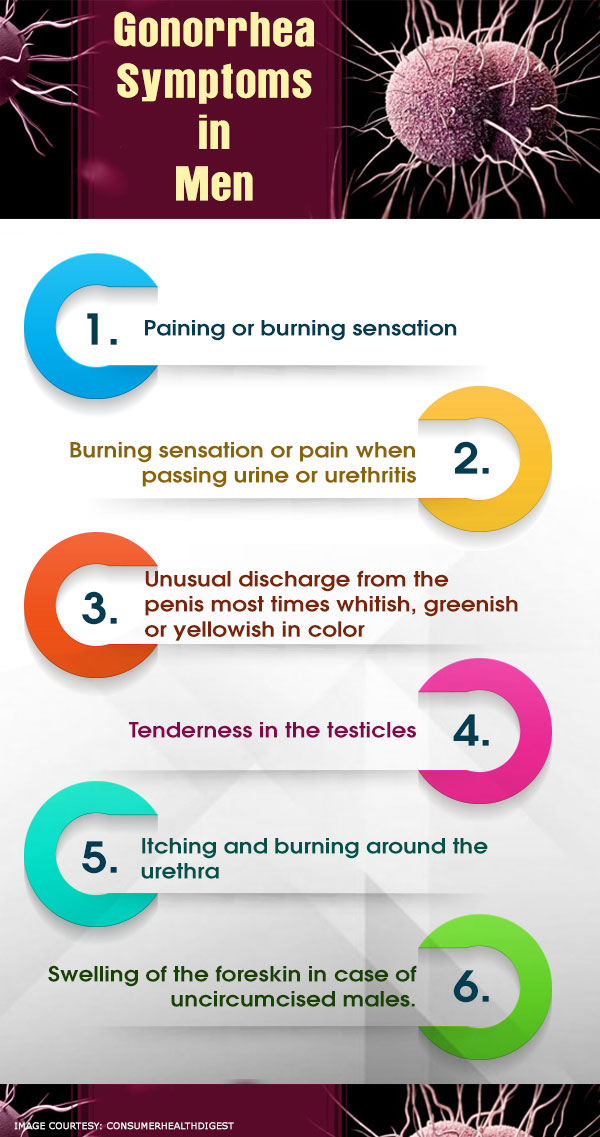

Those found to have this kind of neurologic involvement require extended treatment with intravenous (IV) antibiotics, which usually requires admission to the hospital. If you have syphilis, your provider should ask you about and check you for symptoms or signs of neurosyphilis. Individuals with any stage of syphilis can experience damage to the brain or nervous system, which is called neurosyphilis. This kind of damage might not be noticeable for years, and might be serious enough to cause death.Įven when a person with syphilis doesn’t show any symptoms, they are still able to transmit syphilis to others. Without treatment, a syphilis infection will begin to damage your internal organs and other parts of your body such as the brain, nerves, eyes, heart, blood vessels, liver, bones and joints. This can go on for weeks or more without treatment, but without treatment, the infection will progress to the next stage. You also might get a fever, have a sore throat, lose your hair in patches, have headaches, have swollen lymph glands, lose weight, be tired or have muscle and joint aches. Often the rash involves the chest, abdomen, and back, though the appearance of the rash may vary. Sometimes men with gonorrhea get painful or. Two to six months after you were infected, you may develop a rash on the palms of your hands, the soles of your feet, or involving other parts of your body. Symptoms and signs include a burning sensation when urinating and a yellowish white discharge from the penis.


Even if you don’t do anything about the sore, it will go away on its own but the infection will progress to the next stage. It is usually not painful, though uncommonly it might be painful. Three weeks after you’ve been infected, on the part of your body where you were infected (usually on your penis, testicles, vagina, vulva, mouth, throat, rectum or in your butt), you’ll develop an ulcer (deep sore). When people do experience symptoms, they usually happen in three stages. The vagina leads from the uterus to the outside of the body.Many times, people with syphilis don’t know they have it because they don’t develop any symptoms. Vagina: A tube-like structure surrounded by muscles. During pregnancy, this organ holds and nourishes the fetus. Uterus: A muscular organ in the female pelvis. Urine flows through this tube when it leaves the body. This infection may cause major health problems or death in its later stages. Syphilis: A sexually transmitted infection (STI) that is caused by an organism called Treponema pallidum. Infections include chlamydia, gonorrhea, human papillomavirus (HPV), herpes, syphilis, and human immunodeficiency virus (HIV, the cause of acquired immunodeficiency syndrome ). Sexually Transmitted Infection (STI): An infection that is spread by sexual contact. Screening Test: Test that looks for possible signs of disease in people who do not have signs or symptoms. Rectum: The last part of the digestive tract. Pelvic Inflammatory Disease (PID): An infection of the upper female genital tract. pain or a burning sensation when urinating. Obstetrician–Gynecologist (Ob-Gyn): A doctor with special training and education in women’s health. In men, symptoms of gonorrhoea can include: an unusual discharge from the tip of the penis, which may be white, yellow or green. Neurological: Related to the nervous system. Meningitis: Inflammation of the covering of the brain or spinal cord. If left untreated, HIV can cause acquired immunodeficiency syndrome (AIDS). Human Immunodeficiency Virus (HIV): A virus that attacks certain cells of the body’s immune system. Gonorrhea: A sexually transmitted infection that can lead to pelvic inflammatory disease, infertility, and arthritis. Genitals: The sexual or reproductive organs.
#Std gonorrhea symptoms male skin
Symptoms include fever, chills, skin sores, and pain in the wrists, fingers, knees, or toes. An example of a pregnancy complication is preterm labor.ĭisseminated Gonococcal Infection: An infection that may result from untreated infection with gonorrhea and can be life-threatening. A complication also can occur as a result of a condition, such as pregnancy. An example is pneumonia that occurs as a result of the flu. This infection can lead to pelvic inflammatory disease and infertility.Ĭomplications: Diseases or conditions that happen as a result of another disease or condition. Antibiotic: A drug that treats certain types of infections.Īnus: The opening of the digestive tract through which bowel movements leave the body.Ĭervix: The lower, narrow end of the uterus at the top of the vagina.Ĭhancre: A sore caused by syphilis that is found at the place of infection.Ĭhlamydia: A sexually transmitted infection caused by bacteria.


 0 kommentar(er)
0 kommentar(er)
